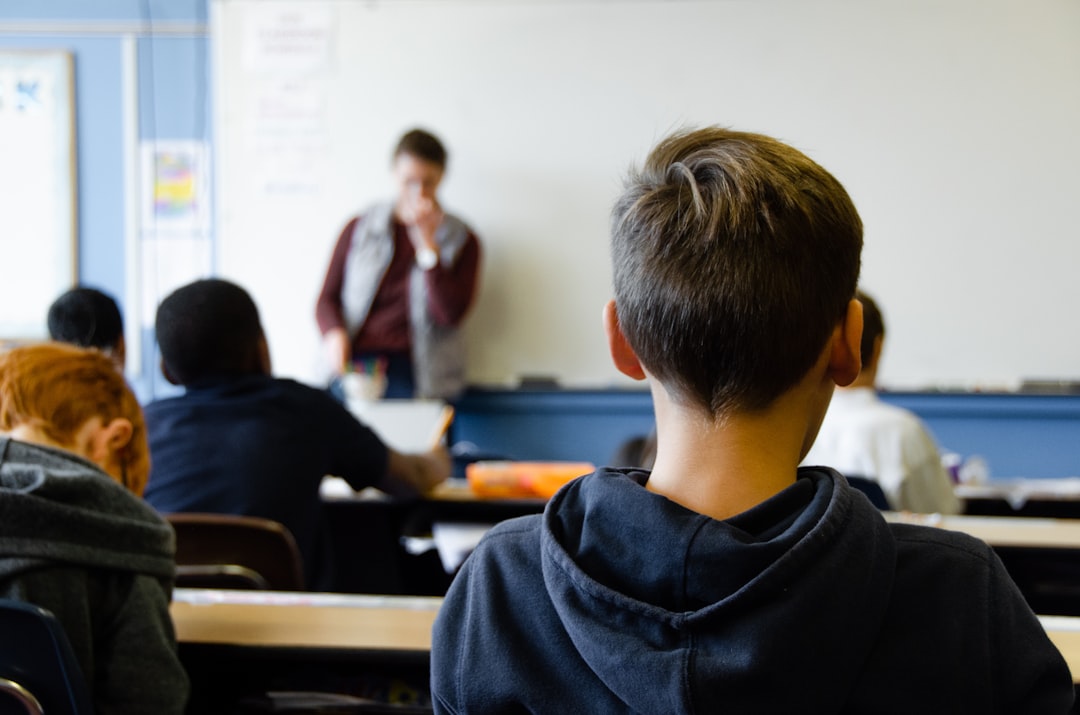Cutting through misleading information about discipline
If we can’t have common sense, can we at least have common courtesy for the kids who want to learn?
Originally published in the Moultrie News.
I read an article headlined “Charleston County School District sees decline in discipline problems.” I wonder how they did it.
I wonder if they did it because the article provides no evidence whatsoever of a decline in discipline problems. Instead, it hints at a decrease in “in-school, and out-of-school suspensions and expulsions.”
That’s like reporting a decrease in speeders because tickets have declined. The conclusion vanishes when you realize that police have stopped patrolling the area. Schools have stopped issuing consequences like suspensions for many behaviors, so, of course, the number of suspensions has decreased. The behaviors, however, haven’t.
Instead of consequences, districts like Charleston are “using other intervention methods such as mediation” to “change the mindset of teachers so they’re able to work with students in the classroom.” This is euphemistic language for “Restorative Practices,” a disciplinary approach that aims to keep disruptive students in class while negotiating better behavior from them in a kind of group therapy.
RP traffics in victim shaming. It brings bullies face-to-face with their victims to help the perpetrators work through their behavior. Often the victim is the whole class, as when a child’s behavior is so disruptive that students can’t learn. In those cases, the teacher serves as the proxy.
That helps RP generate an attitude of entitlement. Its “mediation” puts the student on equal standing with the teacher. It places value on hearing a student justify cursing out Ms. Jones. It lavishes attention on attention-seekers. Tribunals, not mediations, would be more effective.
The district says to “improve the academic performance of students, they have to be in school.” This RP mantra sounds good, but the idea implodes when A) the student’s attitude infects 10 more students and B) there are no more qualified teachers.
That last point isn’t just rhetoric. Nationally, a 2023 Harris Poll of public school teachers showed that discipline is their most serious challenge — even more than pay. In South Carolina, the most recent exit survey found that school discipline was the top reason teachers quit.
Locally, a new survey of Charleston County teachers showed that 81% believe improving school discipline would have a strong positive impact on helping them remain in the teaching profession.
The district says, “It’s clear to [teachers] that they’re not going to write referrals for the first time a student does something.” But failing to hold students accountable for basic human expectations encourages toxic school cultures. Waiting for a student’s second sexual harassment before sending him to the principal certainly pleases the harasser, but it heightens anxiety in everyone else.
The article mentions instituting “programs such as PBIS … Ron Clark Academy House System and the CREW SEL Program, to help change the culture and climate of the school.” I would recommend a less expensive, more sustainable, and less entitling course of action: common sense.
Common sense says if you teach a child that bad actions lead to bad consequences, his bad actions will diminish. Occasionally, you have students who don’t care about their behavior or the consequences. Those students should be placed in an alternative setting so the students who do care can learn in peace.
The district says, “Referrals don’t change students—relationships do.” Teachers know better. Referrals and consequences aren’t the enemy of good behavior, and relationships aren’t its savior. They work together like two scissor blades: teaching a child in love and holding him accountable for honorable behavior bring positive results. Relationships without consequences, however, create entitlement.
“It’s all about the mindset of moving from punitive discipline to looking at the individual child,” according to the district. In other words, the victims are about to get it again. Punitive discipline helps children learn to avoid bad behaviors; that’s Psychology 101. And when bureaucrats say we’re going to look at the individual child, I know exactly which child we’re going to look at: the worst-behaved student. He’s going to absorb our time, attention, and resources while we ignore the other children.
If we can’t have common sense, can we at least have common courtesy for the kids who want to learn?
Read original column here.


Thank you for your service, Jody. You are a soldier out there.
Discipline- such a quaint notion. I feel that competent and dedicated teachers who keep showing up for work every day may be doing a disservice to the profession. By doing so the implication is that everything is OK. To effect change it will take teachers no longer reporting for duty. All of them. Everywhere.